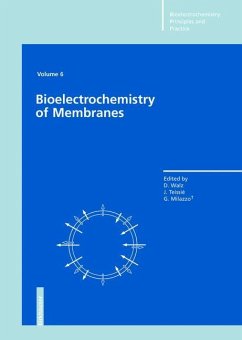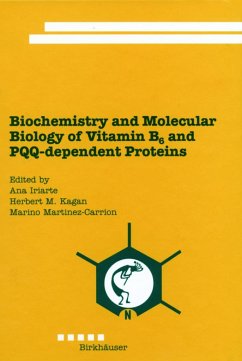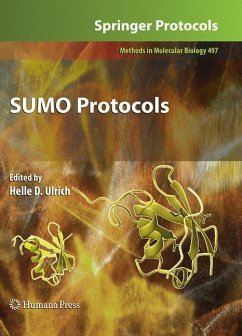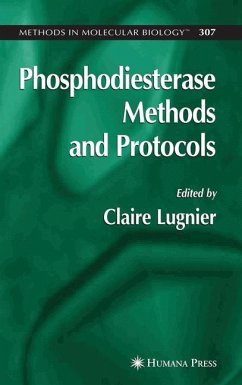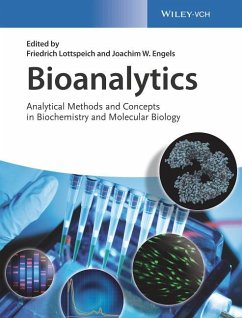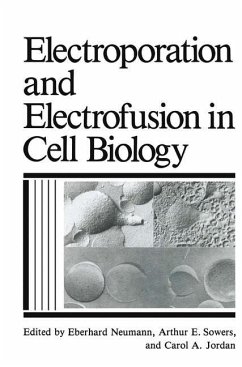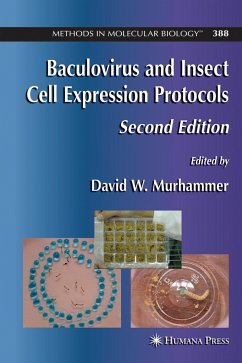
Advanced Protocols in Oxidative Stress II
Versandkostenfrei!
Versandfertig in 6-10 Tagen
77,99 €
inkl. MwSt.

PAYBACK Punkte
39 °P sammeln!
Expanding upon the research elucidated by the first volume of this collection, Advanced Protocols in Oxidative Stress II presents thirty additional cutting-edge chapters focusing on novel techniques for detecting ROS/RNS, unique AOX technology and applications, gene expression and biostatistics for evaluating OS-derived experimental data. The international panel of authors also provide animal models and numerous studies concentrating on mitochondria during hypoxic conditions using advanced methods for pO2, peroxynitrate, reactive S-nitrosothiols, lipid peroxides, COX, and the mitochondrial membrane potential. Due to the dynamic nature of this topic, this book is the second of several volumes of Advanced Protocols in Oxidative Stress, all included in the highly successful Methods in Molecular Biology(TM) series. As part of the series, the chapters of this volume present brief introductions to the respective subjects, lists of the necessary materials and reagents, step-by-step, readily reproducible laboratory protocols, and tips on troubleshooting to ensure easy replication of the technology involved.
Authoritative and convenient, Advanced Protocols in Oxidative Stress II is an ideal desk reference for scientists wishing to further the research in this exciting, unique, and vital field of study.
Authoritative and convenient, Advanced Protocols in Oxidative Stress II is an ideal desk reference for scientists wishing to further the research in this exciting, unique, and vital field of study.






